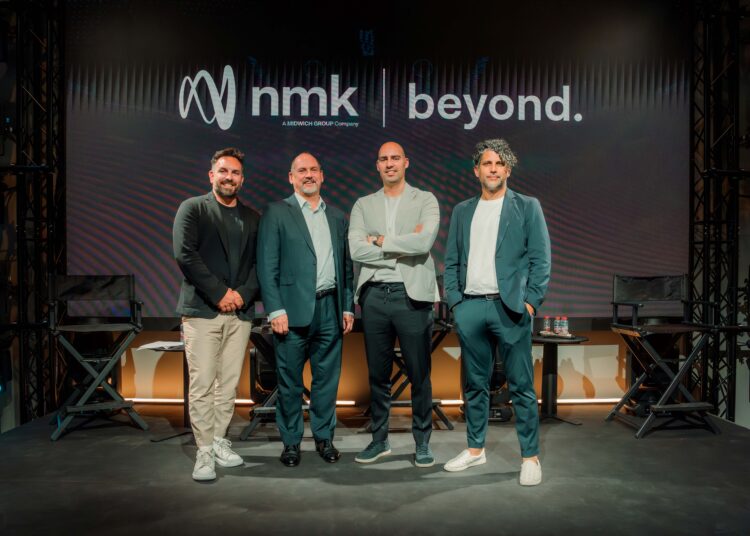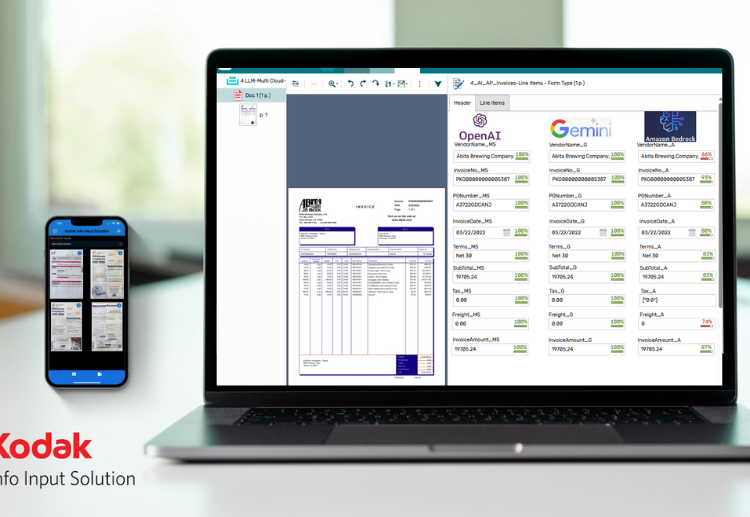Across the Middle East, governments and enterprises are pushing ahead with unprecedentedly ambitious AI strategies. From Saudi Arabia’s Saudi Vision 2030 to the UAE’s National Strategy for AI, the mission is bold: to become global leaders in AI innovation. Yet, behind these national roadmaps, thousands of IT professionals are quietly powering the digital backbone of organisations. For many, their day-to-day is far less about shaping the future and more about keeping the lights on.
For the average IT engineer, the goals are simpler and more grounded. They want their systems to run smoothly, fewer 3 a.m. phone calls about outages, and more time to fix root problems rather than patch the symptoms. They care about productivity, uptime, and not being the last person in the office every night. In this context, generative AI (GenAI) has a human role, not as a threat, but as a powerful co-collaborator that makes running IT services more manageable and rewarding.

From firefighting to foresight
Imagine a typical day for an IT administrator at a midsize organisation in Dubai or Riyadh. The day starts with an overflowing ticket queue—password resets, printer issues, permission changes, a handful of service outages, and an inbox full of monitoring alerts that may or may not indicate something serious. By 10 a.m., the administrator has already skipped breakfast, missed a call from home, and put their planned infrastructure project on hold… again.
This constant firefighting leaves little room for strategic thinking or meaningful innovation. Burnout is a growing concern among IT staff, who often feel undervalued despite being crucial to their roles.
GenAI offers a way forward. By automating routine service desk tasks—triaging tickets, categorising incidents, and handling common requests—GenAI reduces noise and creates breathing room. It can also analyse historical data to predict recurring issues and proactively suggest fixes, helping IT teams shift from reactive firefighting to strategic foresight. With the right tools, an admin could proactively start their day with a concise summary of key issues and intelligent recommendations, providing the headspace to focus on improvements instead of maintenance.
Democratising ITSM across all businesses
While larger enterprises have traditionally had the resources to invest in robust ITSM systems and dedicated teams, small and medium-sized enterprises (SMEs) often make do. And yet, SMEs form the backbone of the region’s economy. In the UAE, SMEs account for over 94 percent of all companies and employ more than 86 percent of the private sector workforce. In Saudi Arabia, the Vision 2030 initiative aims to increase SME contribution to GDP from 20 to 35 percent by the end of the decade.
When SMEs succeed, economies thrive—but to succeed in the digital age, they need access to scalable, intelligent IT support that doesn’t require an army of experts. This is where GenAI-enhanced ITSM platforms become game-changers. Suddenly, small and mid-sized businesses (SMBs) can tap into the insights, analytics, and automation capabilities once reserved for Fortune 500 companies.
SMBs can identify root causes of recurring problems, streamline workflows, and support lean IT teams without excessive cost or complexity. The people behind these businesses can spend time supporting customers, innovating products, and growing operations, instead of being on hold with tech support.
Human-machine harmony
Of course, any conversation about AI and automation comes with questions about job security. But within the realm of ITSM, the story isn’t one of replacement—it’s one of relief. Processing thousands of logs, triaging endless alerts, or manually tracking configuration changes is more than tedious; it saps morale, breeds dissatisfaction, and accelerates churn.
GenAI doesn’t replace the human touch; it elevates it. AI excels at pattern recognition, speed, and scale. But it lacks the contextual awareness, intuition, and empathy seasoned IT professionals bring. By handing over the grunt work to AI, organisations can empower their staff to focus on higher-value tasks—architecting solutions, solving business problems, or simply spending more time with their families.
GenAI’s collaborative model helps companies retain talent, reduce burnout, and keeps IT teams engaged, valued, and strategically aligned with organisational goals.
The future of ITSM in the Middle East
The timing couldn’t be more critical. As regional governments pour billions into AI infrastructure and skills development, enterprises are under pressure to modernise and automate. According to a PwC report, AI is expected to contribute up to $320 billion to the Middle East economy by 2030. But this growth won’t be driven by moonshot ideas alone—it will come from practical, everyday applications of AI that improve how businesses operate behind the scenes.
GenAI in ITSM is an application that directly impacts efficiency, resilience, and service quality. It improves the lives of the people running IT operations daily—those who rarely feature in national strategies but without whom digital transformation would halt.
For IT leaders in the Middle East, now is the time to reframe GenAI as an ally. It serves as a lifeline for overworked teams, not as a threat to jobs. It’s a practical step to building more innovative, human-centred IT organisations. When AI works for people and processes, everyone wins.










Discussion about this post